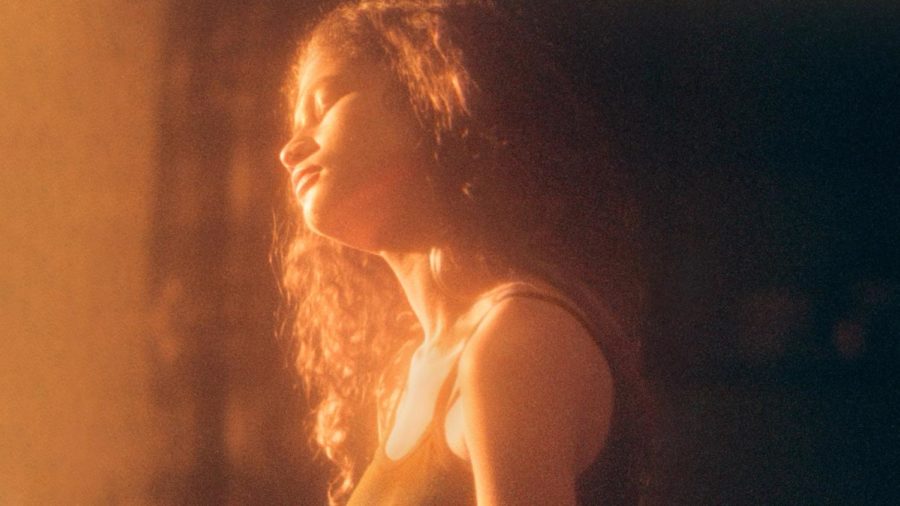Opinion: “Euphoria” romanticizes drug usage among teens
“Euphoria,” HBO’s critically acclaimed teen drama, is favored by many for the diverse characters and unique fashion choices displayed throughout the show. The storyline follows Rue Bennett (Zendaya) and her fellow classmates during their journey through high school while discussing issues such as gender identity, sexuality and trauma in hopes of being relatable to its young audience. With its second season airing through January and February, “Euphoria” is back in the spotlight.
A more graphic topic “Euphoria” dives into is substance abuse, which is not the easiest to tackle head-on in mainstream media. “Euphoria’s” creator, Sam Levinson, has mentioned numerous times in interviews that the drama is meant to be “a raw and honest portrait of being young” and about the inner struggles of the modern youth — some he experienced as a teenager. And while the show attempts to be so realistic, it has unfortunately become unrealistic.
In “Euphoria’s” first season, released in 2020, Rue is noted to have a serious addiction to opioids and struggles with sobriety as the series progresses. Mental illness is essentially the root of Rue’s addiction, and in turn, she relies on drugs in order to avoid the feeling of unhappiness. This decision leads to a graphic scene of an overdose and multiple dilemmas in personal relationships over time as she ages.
As a sophomore in high school, I have experienced substance abuse firsthand and seen its iron grip on my family, friends and peers. A friend of mine, who had the same mindset and reasoning as Rue, overdosed on Percocets last year and is now currently in rehab. Following this, I struggled with guilt for the longest time and grappled with feelings that maybe I could have prevented this by doing or saying something. It took me a while to realize that it wasn’t my fault, or his. It was nobody’s.
Addiction ruins lives. It deserves to be represented in pop culture in order for people to realize the harmful effects it has, not only on the user, but to their family and friends as well. However, “Euphoria” does the exact opposite.
Rue’s storyline tries to bring awareness through an accurate representation of an addict’s everyday turmoil, but instead it only perpetuates a dangerous message that abusing drugs can be a justified method of coping with unwanted emotions and thoughts. There are other healthy alternatives, such as attending one-on-one therapy or group congregations such as Alcoholics Anonymous.
According to the National Institute on Drug Abuse in 2019, there were reportedly 3,391 deaths as a result of overdoses from illegal opioids in the age group of 15-24 year olds, the target audience for “Euphoria.” Those individuals are victims of a cruel and ruthless enemy: drugs.
As a response to fans’ mixed feelings regarding the explicit content of the show, Zendaya took to her Instagram account on Jan. 7, two days prior to the release of season two’s premiere. The disclaimer said, “I do want to reiterate to everyone that Euphoria is for mature audiences. This season, maybe even more so than the last, is deeply emotional and deals with subject matter that can be triggering and difficult to watch.”
Don’t get me wrong, I love “Euphoria.” The writing is brilliant, and the show’s controversiality is what makes it such a good option for binge-watchers like myself. It’s refreshing to watch something so out of the ordinary that it leaves your mouth agape and wanting more every time the credits roll. However, there’s a fine line between being controversial to educate versus to profit from views. “Euphoria” actively does the latter at the expense of addicts, and this needs to change.

Senior Madeline Rivera is the Editor-in-Chief and this is her third year on staff. In her free time, she enjoys watching romantic movies, traveling and...



